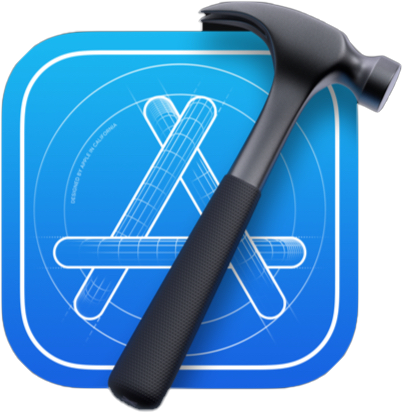EECS 183: Elementary Programming Concepts
University of Michigan
EECS 183 is an introductory course to computer science and programming, covering the basics of computing as well as problem-solving and algorithmic thinking.
*** Final Projects ****
- Find a team of 4 people to work with.
- Pick a project:
- Register your team by Monday 10/28 at 11:59 PM
This Week
| Week | Monday | Tuesday | Wednesday | Thursday | Friday | Next week |
|---|---|---|---|---|---|---|
| Oct. 21 - Oct. 25 |
Lecture 16: Classes 2 |
Lecture 17: Classes 3 |
Final Project Tutorials Sunday, 10/27 Final Project Team Registration Due Monday, 10/28 - You must have a team of 4 people for the final project by 10/28 |
Current Projects and Labs
Resources for Class
Fall 2024 Exams and Major Deadlines
Exam 1: October 2, 8PM
For exam schedule conflicts, request Exam 1 alternate here
Exam 2: November 6, 8PM
For exam schedule conflicts, request Exam 2 alternate here
There is no final exam.
Project 1: September 13
Project 2: September 27
Project 3: October 18
Project 4: November 1
Final Project Core: November 22
Final Project Reach: December 9
Final Project Showcase: December 11
EECS 183 is an introductory course to computer science and programming, covering the basics of computing as well as problem-solving and algorithmic thinking.
EECS 183 is an introductory course in computer programming for computer science majors and non-majors alike. Topics include control flow, introductory data structures, algorithms using selection and iteration, basic object-oriented programming, testing and debugging. We primarily use C++ as a programming language. There are no prerequisites. EECS 183 assumes no prior programming experience.
By the end of this course, a successful student will be able to:
- Read a specification and translate it to a computer program
- Follow a process of writing one small part of a program at a time
- Comfortably use Visual Studio or XCode to write and debug code
- Write test cases that test the full range of code functionality
- Design an algorithm to generate a given output
- Write functions using both pass by reference and pass by value parameters
- Use file streams and standard streams to read input and write output
- Write a class and successfully access private and public member variables
- Run test inputs to a program and compare them to test outputs to verify a program works correctly
- Format a program according to a style guide



